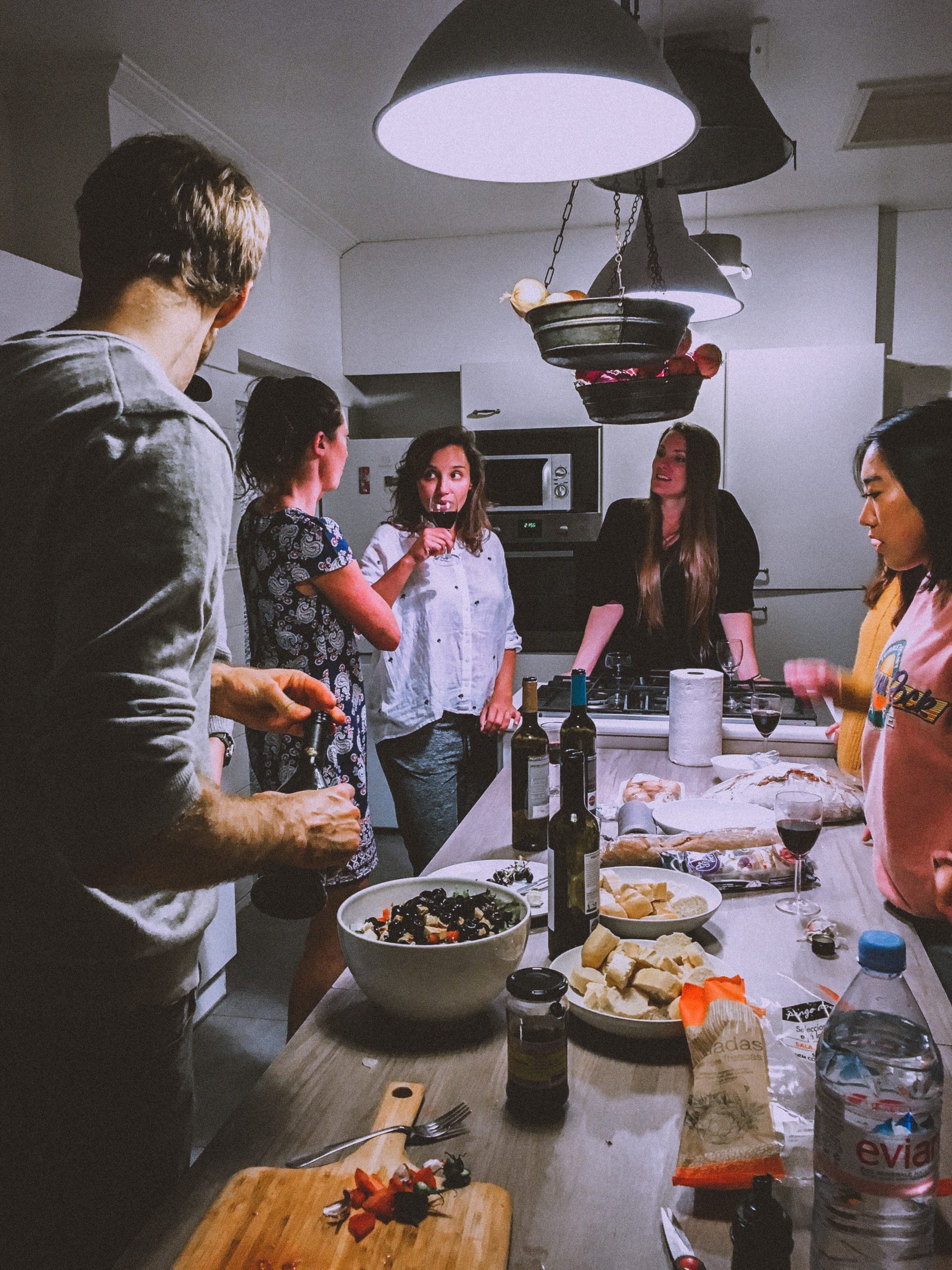Social anxiety is a common condition characterized by a fear of social situations and a persistent worry about being judged or evaluated negatively by others. It can be a challenging condition to manage, but there are several coping strategies that can help those with social anxiety feel more comfortable in social situations.
- Practice Deep Breathing and Relaxation Techniques
Deep breathing and relaxation techniques can be effective in managing the physical symptoms of social anxiety, such as rapid heart rate and shallow breathing. Practice deep breathing exercises, progressive muscle relaxation, or meditation to help calm your body and mind.
- Challenge Negative Thoughts
Social anxiety is often fueled by negative thoughts and beliefs about oneself and social situations. Challenge these thoughts by asking yourself if they are true or if there is evidence to support them. Replace negative thoughts with positive affirmations and focus on your strengths and successes.
- Gradual Exposure
Gradual exposure to social situations can help desensitize you to the anxiety-provoking aspects of social interaction. Start by exposing yourself to small, low-pressure social situations and gradually work your way up to more challenging situations.
- Prepare in Advance
Preparation can help reduce anxiety and increase feelings of control. Before attending a social event, prepare a plan for how you will handle different situations, such as introducing yourself or starting a conversation. This can help you feel more confident and prepared.
- Seek Professional Help
Social anxiety can be a challenging condition to manage on your own, and seeking professional help can be beneficial. Cognitive-behavioral therapy (CBT) is an effective treatment for social anxiety and can help you learn coping strategies and challenge negative thoughts and beliefs.
- Join a Support Group
Joining a support group can provide a safe and supportive environment to share experiences and coping strategies with others who understand what you’re going through. Consider joining a local support group or an online community.
- Practice Self-Care
Self-care activities such as exercise, healthy eating, and getting enough sleep can help improve overall well-being and reduce anxiety. Make time for activities that you enjoy, such as reading, listening to music, or spending time with friends and family.
Conclusion
Social anxiety can be a challenging condition to manage, but there are several coping strategies that can help. Practice deep breathing and relaxation techniques, challenge negative thoughts, gradually expose yourself to social situations, prepare in advance, seek professional help, join a support group, and practice self-care. With the right support and resources, those with social anxiety can learn to manage their symptoms and feel more comfortable in social situations.

